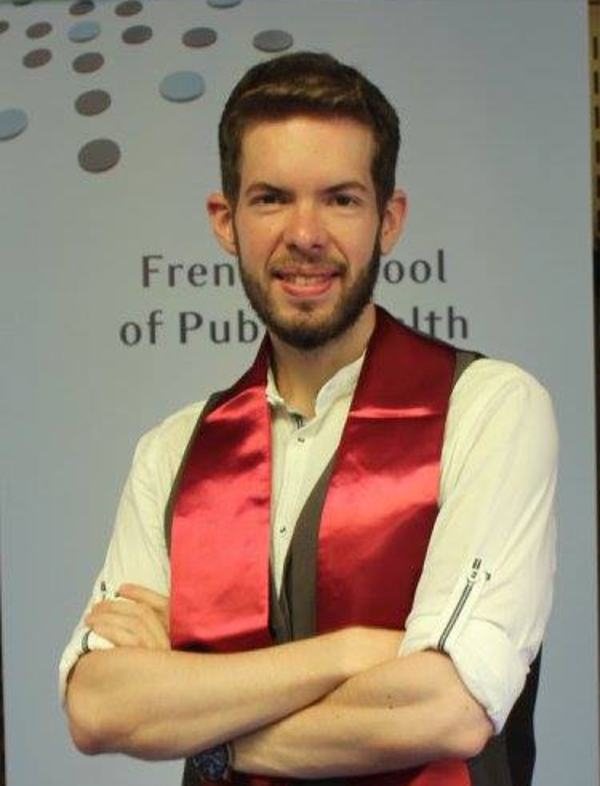Health equity, social innovation and the urban environment: an integrated analysis in Medellin, Colombia
Hugo-Alejandro Santa-Ramirez, University of Geneva
It is well known that people living in deprived areas have worse conditions in several dimensions, including health. Medellin is one of the most unequal cities in Latin America and the Caribbean (LAC), with a Gini index of 0,52 in 2018. While it is one of the major centers of economic and political development in Colombia, it also has had a polarized territorial and population distribution, with on the one hand small residential areas with the best living conditions and on the other more extensive areas of deep deprivation. Gaps between the wealthiest Comunas and those with less socio-economic development are marked, with scores on the Multidimensional Quality of Life Index in the former doubling those of the latter. Some studies have shown perceptions policy makers and other stakeholders have on equity and the social determinants of health may influence policy development and intervention, where communities play a fundamental role. Social innovation (SI) comes into play as a mean of empowering citizens make part of the solutions to their urban problems. It has become one of the main fields of interest for governments, research bodies and the general public. Some authors think of SI as a mean to promote health equity and achieve health for all. Nevertheless, the relationship between SI, urban planning, equity and health has not been thoroughly studied in LAC and is a field in development. This project aims to analyze the relationship between health equity, social innovation and the urban environment in Medellin.
Keywords: health inequalities, spatial inequalities, social innovation, urban planning
Short Biography
Hugo holds a degree in microbiology and bio-analysis from the University of Antioquia in Colombia. He has completed the European Master of Public Health between the Andalusian School of Public Health (Spain) and the École des Hautes Études en Santé Publique (France) with a concentration in advanced epidemiology and biostatistics. He has also completed the Ibero-american Master in Public Policy Evaluation in the International University of Andalusia (Spain). His work experience has been focused in different areas related to nutrition, NCDs, health inequalities research, public policy evaluation and social innovation. His research interests include the relationship between health equity, social innovation and the urban environment. He is currently a PhD student at the Population Epidemiology Unit – Geneva University Hospitals and a GlobalP3HS Fellow.















